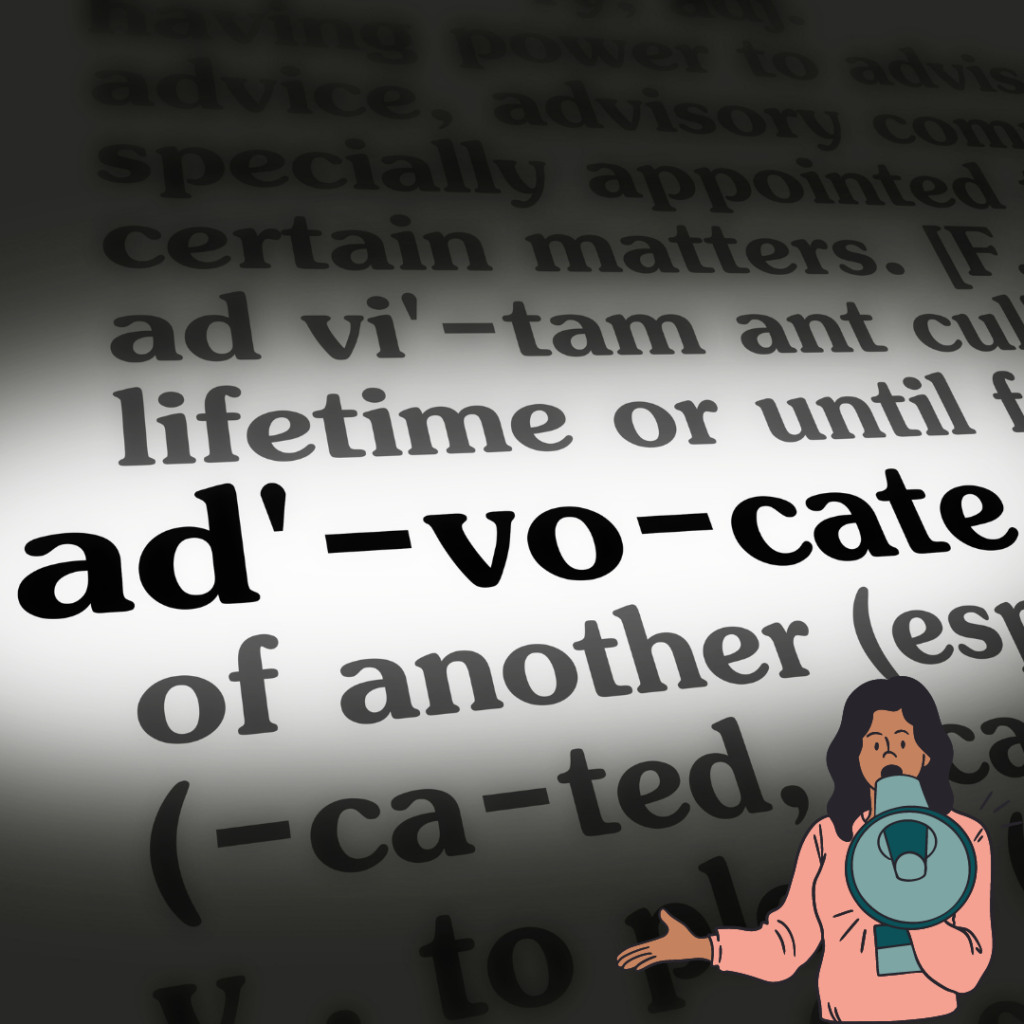What is an Education Advocate?
An Education Advocate is a professional or volunteer who supports students by advocating for their educational rights, needs, and interests. This role typically involves working closely with students, parents, and educational institutions to ensure that students receive the necessary resources and accommodations to succeed academically.
Why is the role of an Education Advocate important in education?
The role of an Education Advocate is crucial because it ensures that all students, especially those with disabilities, learning difficulties, or those facing systemic barriers, have equal access to educational opportunities. Advocates play a key role in:
- Ensuring Compliance with Educational Laws: They ensure that schools adhere to laws such as the Individuals with Disabilities Education Act (IDEA) and Section 504 of the Rehabilitation Act.
- Personalized Support: They work to tailor educational experiences to the needs of the student, advocating for individualized education plans (IEPs) and 504 plans.
- Empowering Students and Families: They educate students and families about their rights and the resources available to them, empowering them to advocate for themselves in the future.
How can someone become an effective Education Advocate?
To become an effective Education Advocate, one can:
- Acquire Knowledge: Gain a thorough understanding of education law, special education needs, and advocacy techniques.
- Develop Communication Skills: Cultivate the ability to communicate clearly and effectively with various stakeholders, including educators, administrators, and parents.
- Build Networks: Establish connections with other advocacy groups, educational professionals, and community organizations.
- Stay Updated: Keep abreast of changes in educational policies and practices to provide accurate and effective advocacy.
What are some strategies for effective education advocacy?
Effective strategies for education advocacy include:
- Collaboration: Working cooperatively with teachers, school administrators, and other professionals to build partnerships that support the student’s educational journey.
- Documentation: Keeping detailed records of meetings, communications, and educational documents to support advocacy efforts.
- Empathy and Understanding: Approaching each case with empathy, understanding the unique challenges and needs of each student.
- Persistence: Advocating requires persistence and resilience, as achieving the desired educational outcomes.




